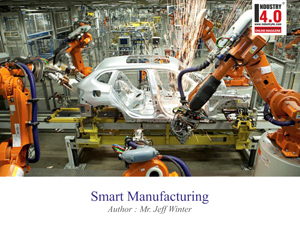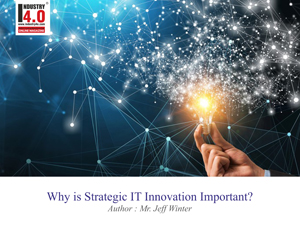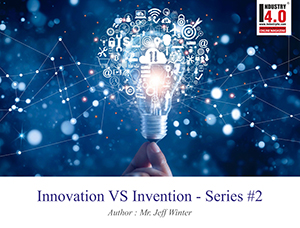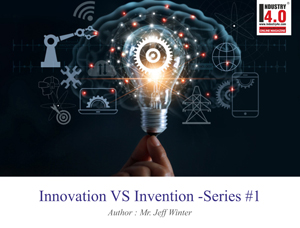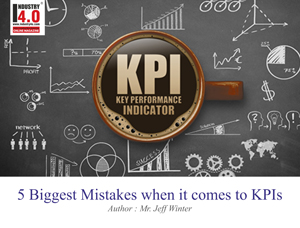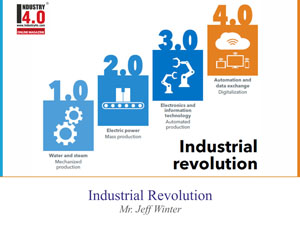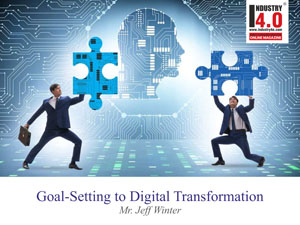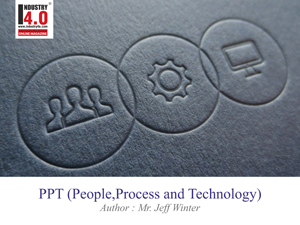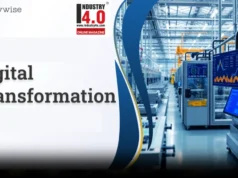Five Ways Culture Can Impact Digital Transformation
As industries across the globe enter the fourth industrial revolution, or Industry 4.0, culture is becoming increasingly critical for successful digital transformation. This data-driven era is characterized by hyperconnectivity, artificial intelligence, and automation – all of which require the right culture to thrive.
5 Ways Culture Can Impact Digital Transformation
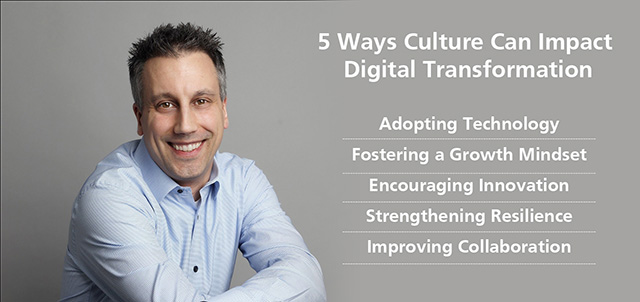
1. Adopting Technology:
Impact: Adopting technology is a core aspect of digital transformation, setting it apart from other types of organizational changes. A tech-friendly culture is crucial for the successful integration of new tools and systems. When employees feel their input is valued and their voices are heard, they are more likely to embrace change. This openness allows the organization to fully leverage technological advancements, driving efficiency and innovation. In a positive scenario, employees are excited about new tools, actively participate in training, and continuously look for ways to use technology to improve their work. This leads to streamlined operations, improved productivity, and a competitive edge in the market.
My advice: Let technology empower, not distract.
2. Fostering a Growth Mindset:
Impact: A culture that promotes continuous learning and improvement helps employees become more open to new ideas and technologies. This mindset is essential for keeping pace with rapid technological advancements. By investing in training programs and providing support for technical issues, organizations empower their staff to use new tools effectively. In an ideal situation, employees view challenges as opportunities to learn and grow. They are proactive in seeking out training and are not afraid to experiment with new technologies. This results in a dynamic, agile workforce that can adapt quickly to changes and drive the organization forward.
My advice: Invest in your employee’s learnings.
3. Encouraging Innovation:
Impact: Innovation is at the heart of digital transformation, and a culture that encourages risk-taking and rewards creativity is vital. Such an environment fosters the development of new ideas and the adoption of cutting-edge technologies. When employees feel safe to experiment without fear of failure, they are more likely to come up with innovative solutions to problems. A thriving culture of innovation would see employees regularly proposing new ideas, with management providing the resources and support needed to test and implement them. This leads to continuous improvement and the ability to stay ahead of industry trends.
My advice: Reward innovation risks.
4. Strengthening Resilience:
Impact: A resilient and agile culture enables organizations to effectively respond to challenges and setbacks. Emphasizing resilience helps teams recover quickly from failures and adapt to changing circumstances, ensuring that digital transformation efforts stay on track. In a robust culture, employees are trained to handle disruptions calmly and efficiently. They view setbacks as temporary and are equipped with the tools and strategies to overcome them. This results in sustained momentum in transformation initiatives and the ability to bounce back stronger from any hurdles encountered along the way.
My advice: Don’t just react, pivot with purpose.
Impact: Collaboration is a key driver of successful digital transformation. Cultures led by collaborative leaders who encourage open dialogue and teamwork tend to see better results. When everyone feels included in the process, there is greater buy-in and collective effort. Effective collaboration ensures that diverse perspectives are considered, leading to more comprehensive and effective solutions. In an ideal scenario, teams across departments work seamlessly together, sharing knowledge and supporting each other. This fosters a sense of unity and purpose, leading to more innovative and effective outcomes in the transformation journey.
My advice: Build trust through transparency.
Statistics on the Impact of Culture
Boston Consulting Group found that 90% of companies focusing on digital culture report strong financial performance, compared to only 17% that do not. Furthermore, 80% of these companies sustain strong performance, highlighting the critical role of culture in long-term success.
Capgemini found that 62% of companies consider culture as the #1 hurdle to digital transformation.
Gartner found that 64% of CIOs see culture as a barrier to scaling digital transformation, but 25% see it as an enabler.
McKinsey & Company found culture is the most significant self-reported barrier to digital effectiveness, with 33% of companies listing it as the top challenge.
Digital transformation doesn’t just change how companies use technology; it reshapes their entire culture. When businesses adopt new technologies like AI, cloud computing, and data analytics, they also shift towards a culture of agility, innovation, and rapid decision-making. This shift often leads to a more collaborative environment where employees at all levels are empowered to make data-driven decisions and share information freely.
References:
Boston Consulting Group – It’s Not a Digital Transformation Without a Digital Culture, 2018: https://www.bcg.com/publications/2018/not-digital-transformation-without-digital-culture
Capgemini – The Digital Culture Challenge: Closing the Employee-Leadership Gap, 2017: https://www.capgemini.com/wp-content/uploads/2017/12/dti_digitalculture_report.pdf
Gartner – CIOs: Break Through Culture Barriers to Enable Digital Transformation, 2019: https://www.gartner.com/smarterwithgartner/cios-break-through-culture-barriers-to-enable-digital-transformation
McKinsey & Company – Culture for a digital age, 2017: https://www.mckinsey.com/capabilities/mckinsey-digital/our-insights/culture-for-a-digital-age
Follow hashtagJeffWinterInsights to stay current on Industry 4.0 and other cool tech trends
About the Author :

Jeff Winter is an Industry 4.0 & Digital Transformation Enthusiast | Business Strategist | Avid Storyteller | Tech Geek | Public Speaker
Jeff Winter with over 15 years of experience working for different industrial automation product and solution providers, Jeff has a unique ability to simplify and communicate complex concepts to a wide range of audiences, educating and inspiring people from the shop floor up to the executive board room. As part of his experience, Jeff is also very active in the community of Industry 4.0.
Jeff is a part of the International Board of Directors for MESA (Manufacturing Enterprise Solutions Association), he is in the leadership committee for the Smart Manufacturing & IIoT Division of ISA (International Society of Automation), he is a U.S. registered expert for IEC (International Electrotechnical Commission) as a member of TC 65, and also part of Purdue University’s Smart Manufacturing Advisory Board.
Mr. Jeff is Accorded with following Honors & Awards :
https://www.linkedin.com/in/je
Mr. Jeff Winter is Bestowed with the following Licenses & Certifications:
https://www.linkedin.com/in/je
Mr. Jeff is Volunteering in the following International Industry Associations & Institutions:
https://www.linkedin.com/in/je
Mr. Jeff can be contacted at :
Email (1) | E-mail (2) | LinkedIn | Website
Also read Mr. Jeff’s earlier Articles :








